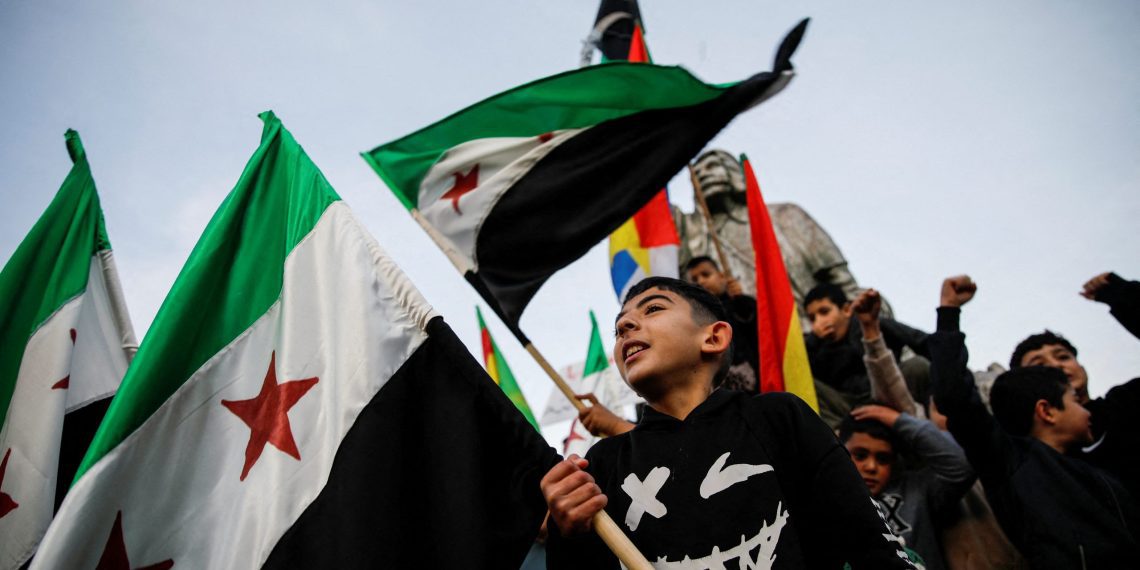Do Syria’s liberators still deserve the terrorist label? The fall of Bashar al-Assad’s regime brought jubilation to Syrians and the global community, with hopes of a new era of peace and stability. However, the group at the forefront of this regime change, Hayat Tahrir al-Sham (HTS), has a controversial past as a U.S.-designated terrorist organization. As the world watches the power shift in Syria, the question looms: can a terrorist group truly change its stripes?
“There is a huge scramble to see if, and how, and when we can delist HTS,” expressed a current U.S. official familiar with the discussions. The dilemma lies in HTS’s evolution under the leadership of Abu Mohammed al-Golani, who once had ties to al Qaeda but later distanced himself from the group in an attempt to rebrand HTS as a moderate force against Assad. The debate in Washington intensifies as policymakers weigh the risks and rewards of recognizing HTS as a legitimate player in Syria’s future.
A Delicate Balancing Act
The transition following Assad’s ouster appears relatively peaceful, with HTS cooperating with Syria’s prime minister to form a transitional government. Promising gestures, such as declaring amnesty for Syrian soldiers and respecting women’s rights, hint at a potential shift towards moderation. However, skepticism remains high, as former officials point out the fragility of power transitions. Gabriel Noronha warns, “Lots of groups say the right thing as they come into power because they’re concerned that their hold on power is fragile.”
Nathan Sales, a former State Department counterterrorism envoy, echoes this caution, emphasizing the need to evaluate al-Golani’s actions over time. “When you look at his resume, it’s a blue-plated terrorist resume,” Sales remarked. The international community, including the Biden administration and the EU, maintains a watchful eye on HTS’s behavior, emphasizing the importance of actions aligning with words in evaluating the group’s legitimacy.
Sanctions and Strategic Decisions
The strategic implications of HTS’s status as a designated terrorist organization extend beyond Syria’s borders. As HTS potentially gains more influence in Syria’s governance, the U.S. and its allies face critical decisions on sanctions and diplomatic relations. David Mortlock, a former U.S. official, highlights the delicate balance between rewarding new regimes and maintaining leverage through sanctions. The hesitance to lift sanctions reflects the cautious approach of policymakers in assessing the evolving political landscape in Syria.
The future of Syria hinges on how HTS navigates its newfound power and responsibility. The international community’s response will shape not only Syria’s trajectory but also broader counterterrorism efforts and regional stability. As the world waits to see whether HTS can shed its terrorist label and embrace a path of moderation, the stakes remain high, with implications reaching far beyond Syria’s borders.









